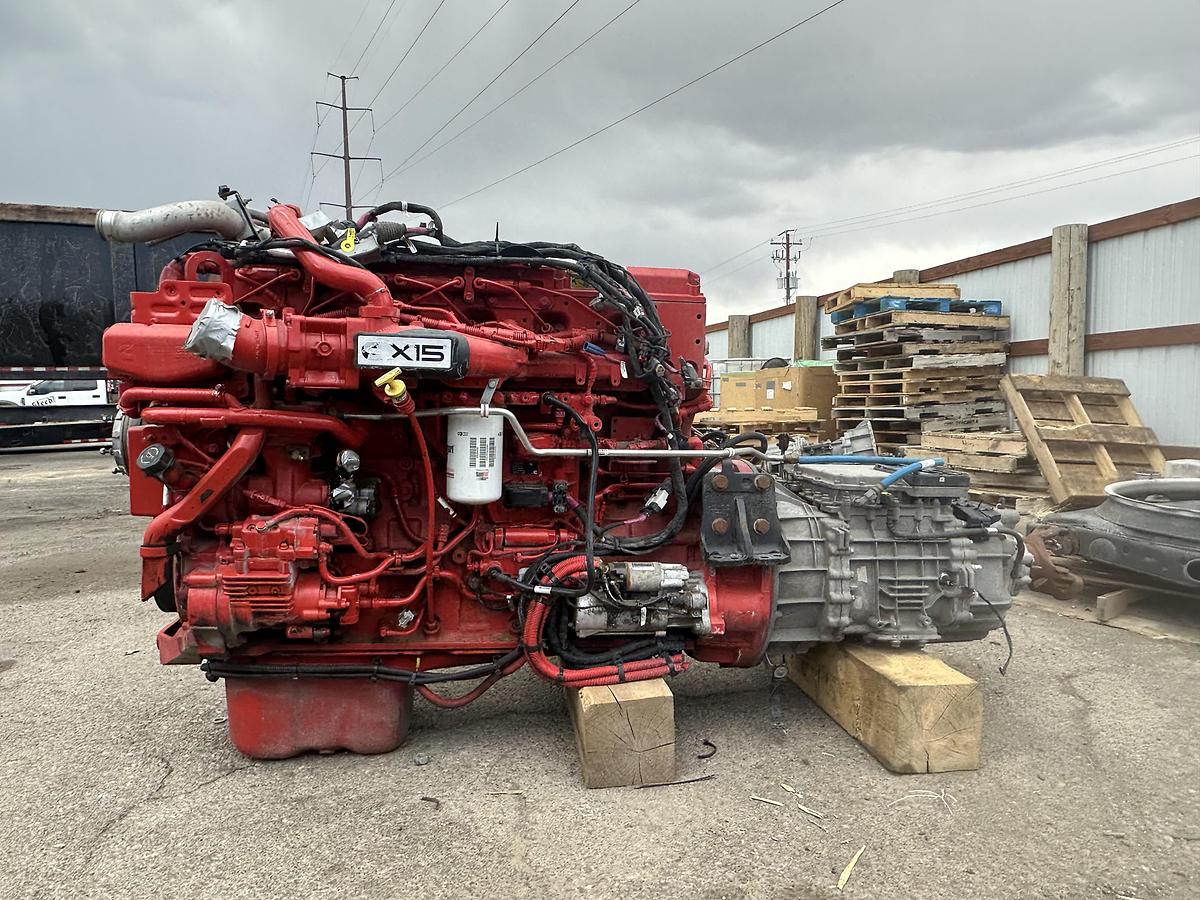
Gas compression isn’t glamorous—but without it, nothing moves. Whether you're loading trucks, stabilizing pressure, or pushing product down the line, the compressor is what keeps your system breathing. And when you’re operating in the midstream space, reliability isn’t optional.
That’s why Blackmer gas compressors continue to show up in facilities across oil & gas, chemical transfer, and vapor recovery applications. These things are built to run, and they’ve earned their spot as a go-to choice for operators who need performance, durability, and parts you can actually find.
At Power Drive Supply, we’ve got multiple used Blackmer units in stock—tested, inspected, and ready to bolt into your operation. If you’re tired of throwing money at overcomplicated systems or waiting six months for factory delivery, this is the kind of equipment that gets you back to work fast.
Why Blackmer? Simple. They Just Work.
When your operation relies on steady gas movement, you don’t want experimental tech. You want something field-tested. Something tough. Something you can fix with a wrench—not a firmware update.
Blackmer compressors are built for that exact world. From LPG and butane to natural gas and flare recovery, these machines have earned their place by showing up and doing the job.
A few reasons they’re still trusted in 2025:
- Oil-free piston design minimizes contamination risk
- High volumetric efficiency under wide pressure ranges
- Heavy-duty crankshaft and bearings for long runtime
- Splash-lubricated simplicity—no fancy tech, just smooth operation
- Quiet, low-vibration performance you don’t need earplugs for
Common Applications That Rely on Blackmer
Blackmer compressors show up anywhere gas needs to move reliably without a hitch. That includes:
- Vapor recovery units (VRUs)
- LPG and propane truck loading
- Tank car offloading
- Pipeline injection stations
- Wellhead gas transfer
- Refinery flare capture systems
If your job involves keeping gas where it’s supposed to be—or keeping it from venting to the atmosphere—there’s a good chance a Blackmer is somewhere in your flowchart already.
Used vs. New: It’s Not Even Close
Let’s face it: compression equipment isn’t cheap. A new Blackmer setup with motor, base, and accessories can run you well over $20,000, depending on configuration.
But a well-maintained used unit? You’re saving 40–60% off that price—without sacrificing uptime.
What you get when you buy used from us:
- Cleaned and inspected compressors
- Updated gaskets, seals, and wear components where needed
- Ready-to-mount skid assemblies
- Operational verification before it ships
- Freight support across the U.S.
We’re not listing scrap metal here. If it doesn’t pass our walk-through, we don’t put it on the site.
In Stock Now: A Sample of What We Carry
Here’s a quick look at the kinds of Blackmer compressors we typically stock:
- LB601B & LB942B – Common for vapor recovery and LPG transfer
- HD943C – Higher pressure capabilities for gas injection or vapor boost
- Single- and two-stage configurations depending on your system needs
- Bare shaft, motorized, and complete skid options
Looking for something specific? We’ll help track it down if we don’t already have it on the ground.
One Contractor’s Take: Why He Switched Back to Blackmer
A midstream operator in West Texas came to us last year after trying to integrate a “next-gen” screw compressor into his VRU system. Between software bugs, voltage issues, and lead times for parts, the whole thing became a money pit.
He picked up a reconditioned Blackmer LB942 from our yard, swapped it in over a weekend, and was back online Monday morning.
“It’s old-school—but in the best way,” he told us. “Runs quiet, keeps up with the tanks, and I don’t have to call a rep every time it burps.”
What to Check Before You Buy a Used Compressor
Not all used compressors are worth your money. Here’s what we check—and what you should, too:
Valve condition – Should seat well and move clean
Piston wear – Tight tolerances, no scoring or blow-by
Crankcase integrity – No cracks, no welding
Rod run-out – Smooth motion, no wobble
Mounts and base – No warped frames or stress damage
Motor function – Starts clean, no noise, amperage holds under load
We’ll provide detailed inspection notes, videos, and recommendations before you ever get close to committing. No surprises. No fluff.
Why Power Drive Supply?
There are a lot of folks selling used compressors. What makes us different is simple: we know what we’re selling, and we won’t pass along junk. If we wouldn’t run it on our own pad, it doesn’t leave the lot.
Real inventory — No ghost listings
Straightforward pricing — No bait-and-switch
Technical insight — We’ll talk through motor pairings, PSI targets, and more
Freight coordination — We'll help get it where it needs to go
We’re not just trying to clear a yard. We’re trying to help you keep your operation moving without missing a beat.
Buy Once, Run Long
The Blackmer name didn’t get where it is by cutting corners. These compressors are still outworking more expensive systems year after year—because they’re built to do one thing really well: compress gas, consistently and efficiently.
If you’re tired of breakdowns, delays, or overpriced factory lead times, a well-kept used Blackmer from Power Drive Supply is a smart move.
Give us a call or shoot us a message and we’ll show you what we’ve got, what condition it’s in, and help you figure out if it fits your flow.
Because when your job is to keep gas moving, your compressor better not flinch.
